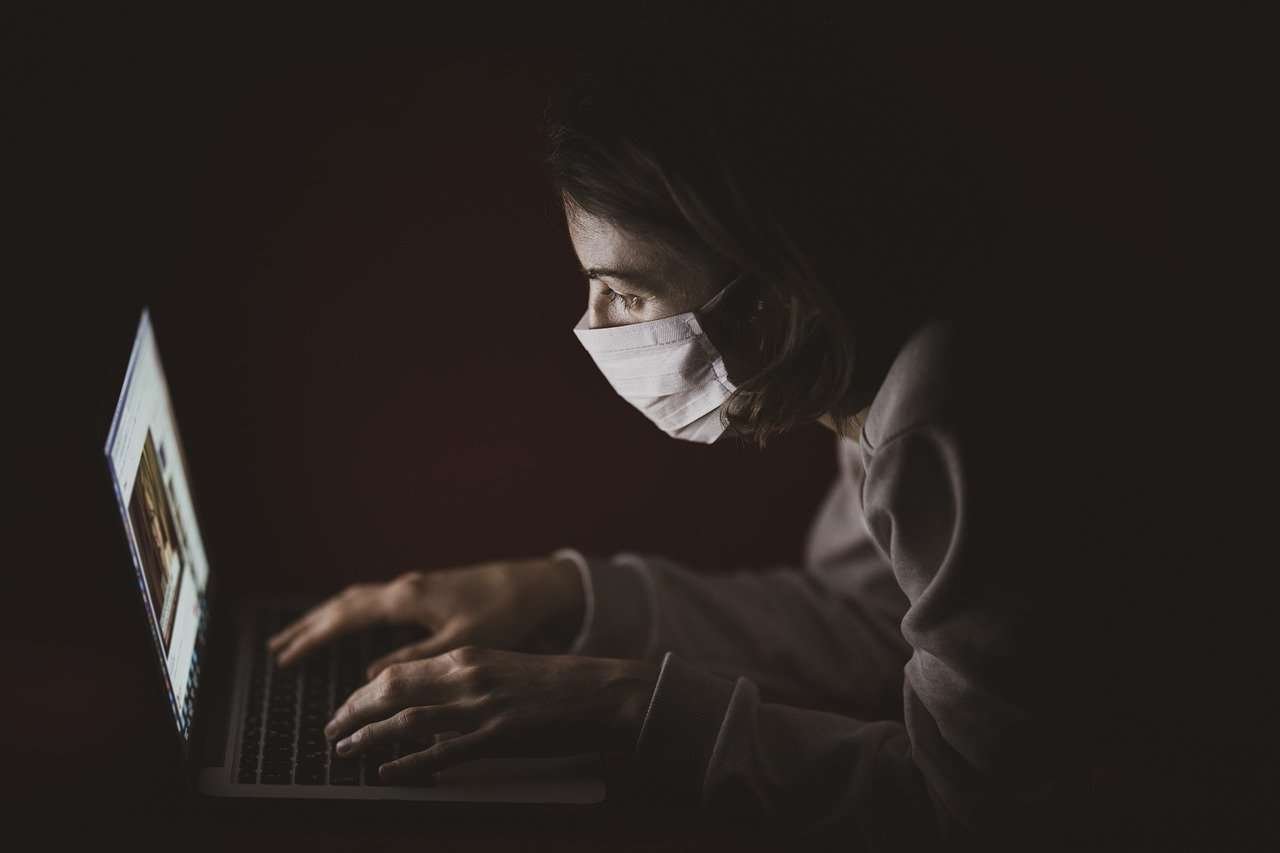Fear, worry and stress are all natural when coping with a serious threat like a pandemic, the World Health Organization (WHO) reports. Add social distancing and major changes to daily life to the mix and you’ll get a recipe for mental health issues. The link between mental health problems and the Covid-19 pandemic is already well established.
Here’s what we know about the topic so far.
Covid-19 & Mental Health: Facts and Figures
According to Kaiser Family Foundation (KFF) statistics, four in 10 adults in the US reported symptoms of anxiety during the pandemic. This is a significant increase from the previous figure of one in 10 adults.
In addition, many people have reported additional issues – 36 percent of questioned adults had difficulties sleeping, 32 percent had difficulties eating and alcohol consumption increased for 12 percent of the questioned individuals.
A larger than usual share of young adults reported symptoms of anxiety and depression over the course of the pandemic – 56 percent! The KFF researchers attribute this phenomenon to the closure of universities and the loss of income that’s more common among young adults.
According to the CDC, June 2020 marked a peak as far as mental health problems are concerned. At the time, 40 percent of US adults reported struggling with their mental health or with substance abuse. Anxiety and depressive symptoms were most common, affecting nearly 31 percent of the polled individuals.
Why Covid-19 Has Taken Such a Toll on Mental Health
Covid-19 & mental health issues have been linked since the start of the pandemic. Several factors contributed to the issues that large segments of populations across the globe experienced.
The fear of the unknown is one of the primary factors. When the pandemic began, the virus was a complete novelty. This fact contributed to fears among common individuals, even among members of the scientific community. Nobody wants to get sick or lose a loved one. Such terrors that cannot be addressed in a meaningful way can take a toll on one’s psychological well being.
Add social isolation to the mix and you get even more pronounced mental health symptoms.
Humans are generally social creatures. We need our support system and network to feel good and thrive. Social distancing and work from home have taken those away. When alone, many people magnify the importance of the troublesome and negative voices in their head.
Uncertainty and financial burden complete the picture, making many worry about the future. Unfortunately, at the time the pandemic started, we didn’t have clear answers about its duration or the scope of negative effects. More than one year later, numerous questions still remain unanswered.
Reclaiming Your Mental Health
There are many things you can do to regain your peace of mind, regardless of the fact that the world is still trying to eradicate the pandemic.
Taking care of your body and staying connected (even if you have to use technology for the purpose) are two of the primary methods for restoring a sense of normalcy.
If you feel that such lifestyle changes and everyday measures aren’t doing the job, seek professional assistance.
At Answers clinic in Eastern Idaho, we can offer therapy, telemental health services and other comprehensive solutions aimed at addressing mental health problems. Call us today at (208) 552-0855 to have your questions answered or to book a session with one of our therapists.






